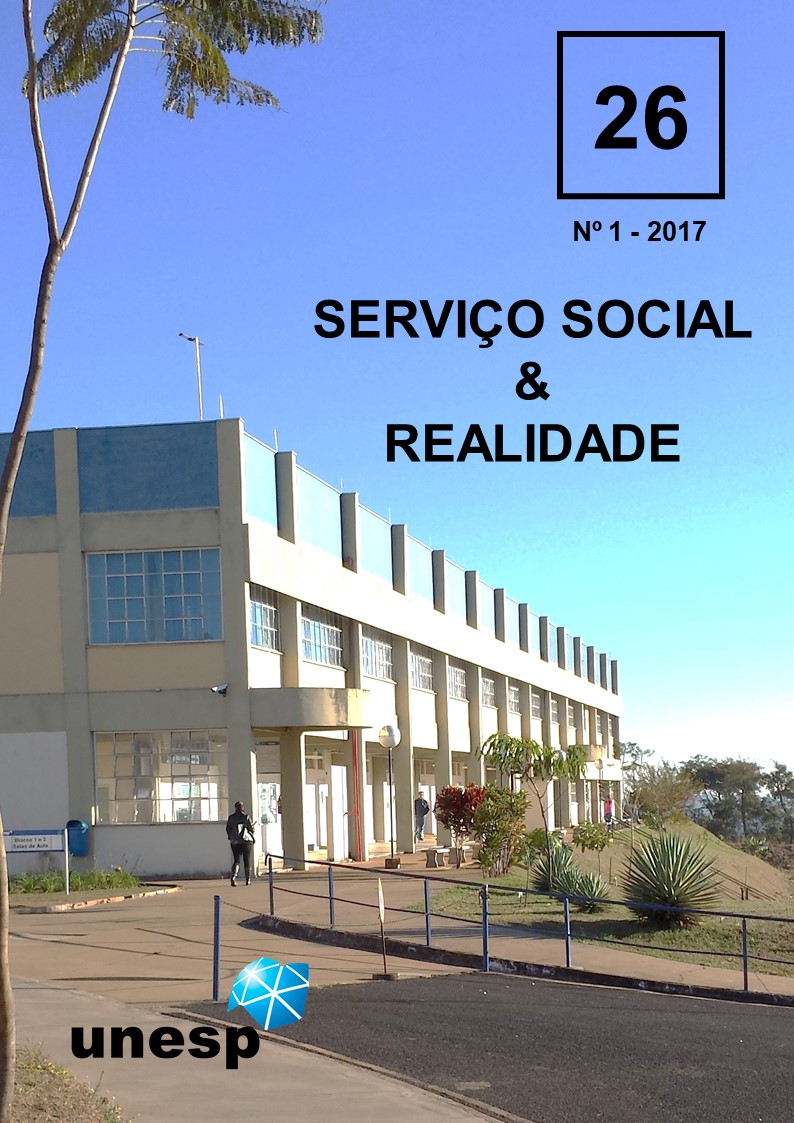SERVIÇO DE CONVIVÊNCIA PARA CRIANÇAS E ADOLESCENTES: UM EXEMPLO DE TRAVESSIA PARADIGMÁTICO
Abstract
The House of the Small Citizen is now a Service of
Coexistence and Strengthening of Links for Children and Adolescents.
After the National Classification of Social Assistance Services, in
2009, which was since its inception in 1998, a Social Project of the
Municipality of Marília / SP, followed the Technical Guidelines of the
Federal Government and to be referenced by the Reference Center for
Assistance Social, in which he was responsible for putting into
practice the Basic Social Protection and the Integral Family
Assistance Program. After years of the promulgation of the ECA, the
creation of the Single System of Social Assistance and the
Standardization of these Services, this project becomes a transition
model to be analyzed by two points. Firstly, regarding the
paradigmatic changes that occurred between the Irregular Situation
Doctrine, proper to the Minors Code, and the Integral Protection
Doctrine described by the ECA. Secondly, with regard to the new
conceptions of care coming from the passage "Social Project" -
"Service Typified '' in which to live and create bonds became a method
of professional action. Thus, based on these counterpoints and
through the profile of the Coordinators, Social Assistants and
Educators of the Services, their conceptions of children, adolescents
and their families, and of the relational practice between CRAS and
Coexistence Service, we find that we are living a decisive moment for
Social Assistance in Brazil: either a more expressive investment in
infrastructure, hiring of personnel and professional training or we will
see the socio-welfare services become innocuous in the face of the
increasing challenges of the Brazilian reality.
Downloads
Published
Issue
Section
License
Os manuscritos aceitos e publicados são de propriedade da revista Serviço Social & Realidade.Os originais deverão ser acompanhados de documentos de transferência de direitos autorais contendo assinatura dos autores.
É vedada a submissão integral ou parcial do manuscrito a qualquer outro periódico. A responsabilidade do conteúdo dos artigos é exclusiva dos autores.
É vedada a tradução para outro idioma sem a autorização escrita do Editor ouvida a Comissão Editorial.


